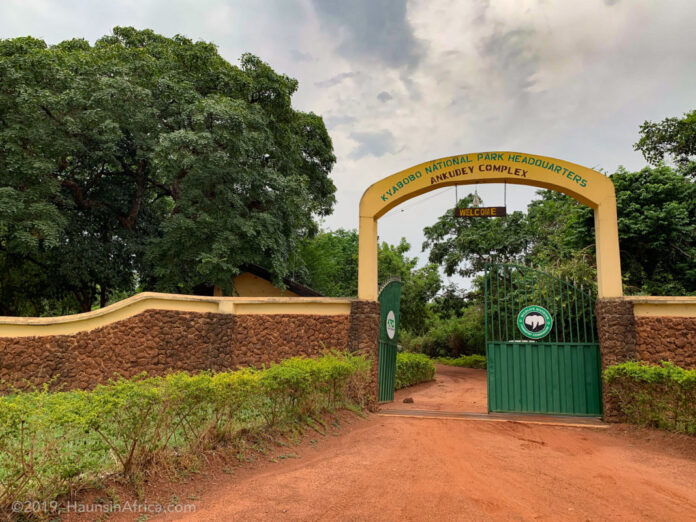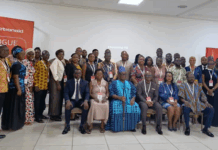Poaching wildlife within Kyabobo National Park at Nkwanta in the Oti Region has become a pressing concern, due to the absence of adequate fencing.
This illicit activity is not only endangering the park’s diverse flora and fauna, but also has a detrimental impact on its management and the attraction of tourists. This is because the park – established to conserve biodiversity, promote ecotourism and provide livelihood opportunities for the residents – is being threatened by poachers.
This development is also affecting the activities of park management in generating revenue to maintain the facility.
The Park Manager for Kyabobo, Josiah Aduko said: “Given the situation, we have been compelled to use the little resources available to embark on routine checks to combat poaching. This is to protect the park as much as possible.
“But anytime we make an arrest, you find politicians and opinion leaders coming to plead on behalf of the person or persons.” “Because once some high-profile people come to plead, and ask us to leave the person, it renders the case foolish.”
The Park Manager told B&FT that animals commonly poached include the duikers, red-flanked duiker and the red river hog.
The 360 square kilometre park has African bush-elephants, African leopards, African buffalo, waterbuck, several primate species, bushbuck, duikers and the rock hyrax, as well as at least 500 species of butterflies and 235 bird species, he disclosed.
It has also Ghana’s second-highest mountain, Mount Dzebobo, situated within the park, which offers visitors an impressive view of Lake Volta and the park.
According to him, failure to prosecute offenders affects the park a lot, because it encourages others to go into it with the assumption that when they are caught either a chief or politician will come to their aid.
“People like to see wild animals. Most tourists have an interest in seeing wild animals – but if poaching goes on like this, either the animals will be driven far away from the park or their numbers will dwindle,” he said.
Against this background, he observed that when visitors come around and are not able to encounter the animals, they are likely not to visit the park again. This, he added, will affect tourism and subsequent revenue generation.
He said management has been embarking on anti-poaching patrols with community conservation advocacy to educate communities on the need to desist from poaching, tree-cutting and disturbing the environment, especially in the park.
“We also embark on conservation education in the basic schools and senior high schools, on the park’s relevance and its contribution to the economy.
“With the conversation in schools, you know children learn by exploring; and so, we need funding in order to take them on excursions. This will help us educate them on domestic tourism and its importance to the environment and country,” he said.
As part of efforts to discourage poaching in the park, some livelihood interventions like bee-keeping have been introduced for residents to produce honey on their farms and around their houses.
To upscale the anti-poaching patrol, he said: “We need more staff with modern patrol technologies like drones, close-circuit security cameras, and other communication gadgets to help us with the patrols”.
He stressed that there is also need for audiovisuals and visuals, and resources that can help carry out the education.
Also, he appealed for local government authorities to reconstruct the road network leading to the park to enhance domestic tourism in the area.










